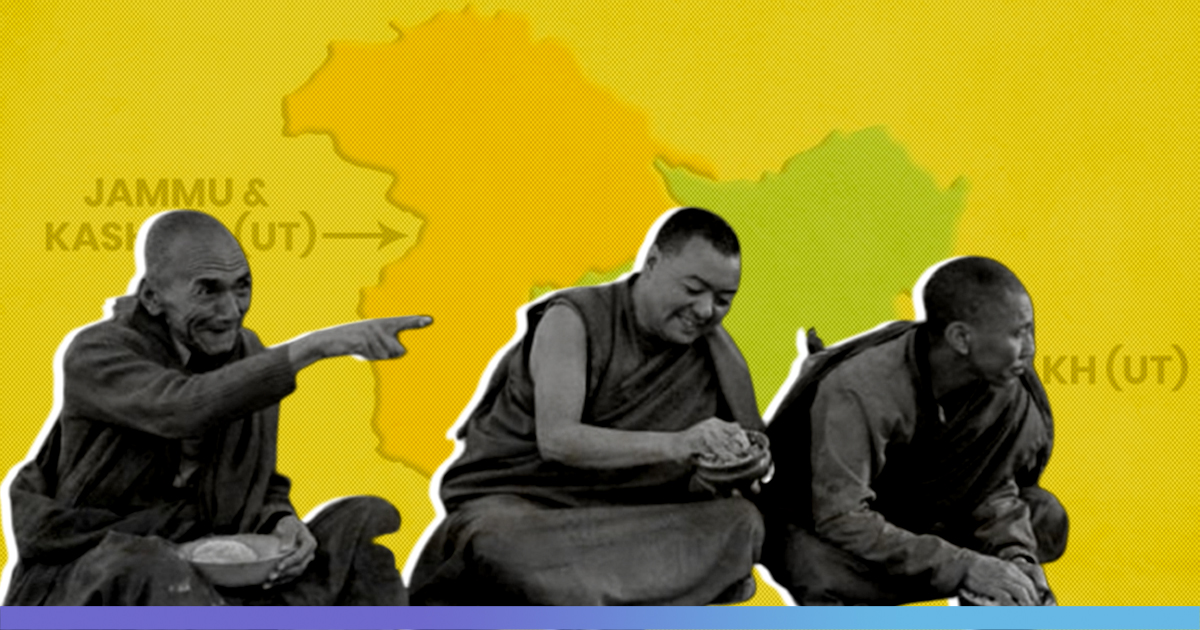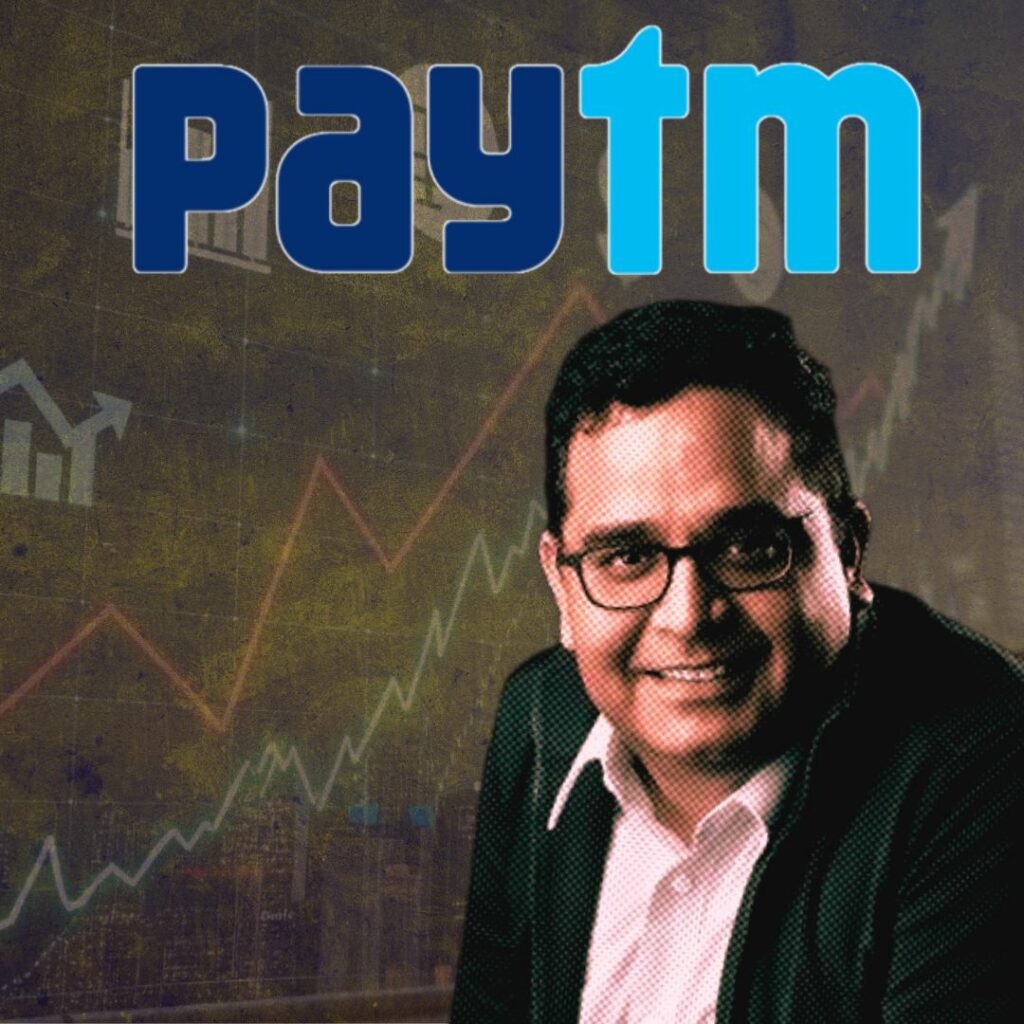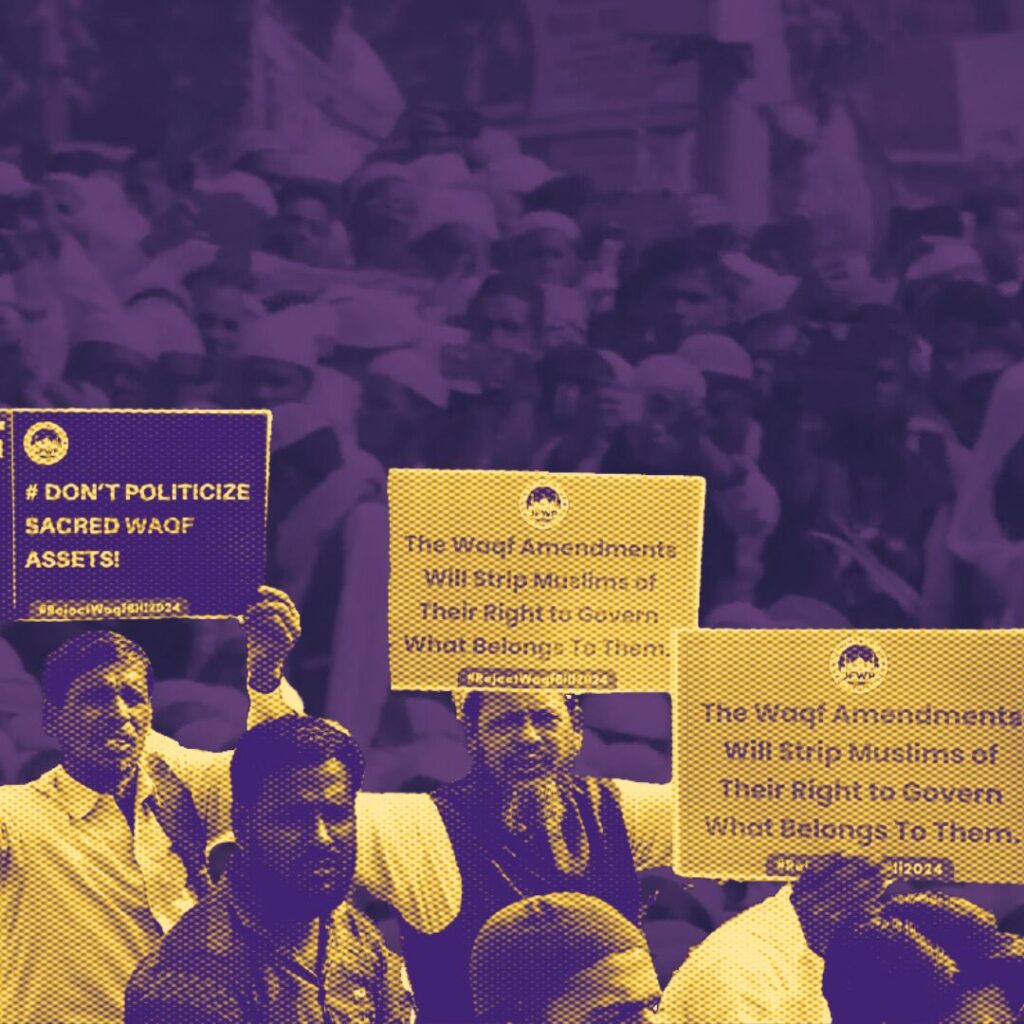Home Minister Amit Shah on August 4 scrapped Section 370 which gave special status to the state of Jammu and Kashmir. Additionally, the state will be now bifurcated into two Union Territories. Jammu and Kashmir will be a UT with a legislature, while Ladakh is also given a UT status, but without a legislature.
With this announcement, the general atmosphere in Ladakh is that of jubilation. Ladakh for long has been demanding a UT status for itself, alleging that their demands and aspirations have been routinely ignored by the state government.
However, there is a section of Ladakhi population that believes that the while a UT status is good, a UT without a legislature would hamper the choice of self-determination. Additionally, Kargil part of Ladakh is feeling dejected and are against the move.
History Behind Ladakh’s Demand For UT
Buddhist monk Kushok Bakula Rinpoche, the 19th incarnation of Arhat Bakula who is considered to be one of the 16 disciples of Lord Buddha, was the first to raise the demand for Union Territory status for Ladakh.
Padma Bhushan awardee Kushok Bakula Rinpoche, a religious figure and an international diplomat who served as India’s ambassador to Mongolia, was staunchly against Article 370. He felt that the concerns of Ladakh were not considered by the successive government at Srinagar.
On May 4, 1949, the then president of Ladakh Buddhist Association (LBA) Cheewang Rigzin submitted a memorandum to PM Nehru. In the memorandum sought for Ladakh to be directly governed by the Government of India.
However, Kargil district in Leh has been opposed to the idea of separate UT identity for Ladakh. The Muslim-dominated district believes that its interests will be ignored by the Buddhist-dominated administration.
“Largely Happy, Slightly Disappointed”
“Our main demand all through has been of separation of Ladakh from J&K. Ladakh comes nowhere near Kashmir in terms of language, culture and even the topography is different. Culturally we are completely different from J&K. From years of experience, we have realised that Kashmir, which was the main power at the centre, has always neglected Ladakh,” Sonam Wangchuk Shakspo, who was the private secretary to Kushok Bakula Rinpoche, told The Logical Indian.
“Our primary demand has been separation from kashmir and that has been granted. Now there are issues, not only that we want legislature for Ladakh, which is very important, but equally important is to protect Ladakh’s tribal background. People are concerned that if 370 is scrapped then it will impact in the long run. We would like to believe that in the long run, we will have our own legislature and rigid provisions to protect our culture. It is our appeal,” Wangchuk Shakspo added.
Historian on Ladakh affairs, Nawang Tsering said, “People are celebrating. Ladakh is 400 km away from Srinagar. It has been difficult to convey our issues to Delhi. The state government has not been cordial with us and there has been discrimination on racial and even religious basis. Now we hope this will be a thing of past.”
P Stobdan, an ambassador and former diplomat told that while the majority of the Ladakh population is happy, there is a slight disappointment for not being given legislature.
“There is a little bit of disappointment, but on the whole, the move is being welcomed. While I think that being part of J&K was important as it gave some sort of protection under 370, but certainly it has created a lot of obstacles for development and political discrimination. Some of these emotive issues have been addressed which is a good thing,” said Stobdan.
While speaking on the population of Kargil, who have expressed their unhappiness with the decision, he said, “People from Kargil are emotionally close with the valley and they are in solidarity with Kashmir. But their options are limited as without Ladakh, they are discriminated in Kashmir also. But this will remain a contentious issue. It was easy for the government to announce this, but to deal with implications and the nitty-gritty is what remains to be seen.”
Also Read: Breaking: Modi Govt Ends Article 370; Proposes To Split J&K Into Two Union Territories










